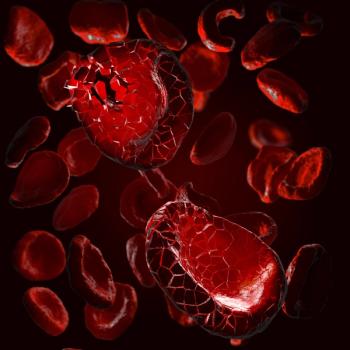
A new meta-analysis finds high rates of efficacy and high rates of toxicity in multiple myeloma patients treated with B-cell maturation agent (BCMA)-targeted chimeric antigen receptor (CAR)- T cells.

A new meta-analysis finds high rates of efficacy and high rates of toxicity in multiple myeloma patients treated with B-cell maturation agent (BCMA)-targeted chimeric antigen receptor (CAR)- T cells.

A new report finds including rituximab in first-line therapy for diffuse large B-cell lymphoma (DLBCL) results in better overall outcomes that more than offset the higher initial cost of therapy.
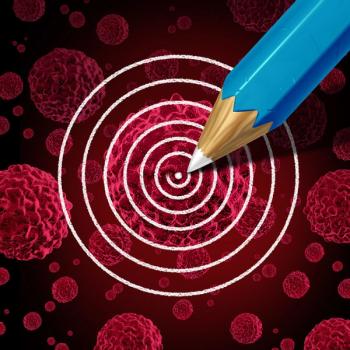
Chimeric antigen receptor (CAR) T cells can be highly effective, but the durability of the therapy has been lacking in many patients with hematological malignancies. Many efforts are underway to fix this problem.
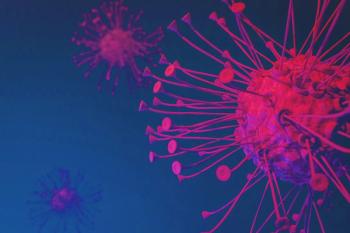
New research suggests it’s not disruptive to give radiation therapy to patients who are awaiting CAR T-cell therapy for relapsed or refractory multiple myeloma.

The process of approving a new therapy for relapsing and/or remitting mantle cell lymphoma therapy got off to a faster start in China, but United States regulators caught up and approved the drug first.

A new chimeric antigen receptor (CAR) T cell therapy may help curb the problem of frequent relapse in patients with relapsed/refractory B-cell acute lymphoblastic leukemia.

A significant number of patients who undergo chimeric antigen receptor (CAR) T-cell therapy will experience severe neurotoxicity. A new study could help doctors better predict which patients are at risk.
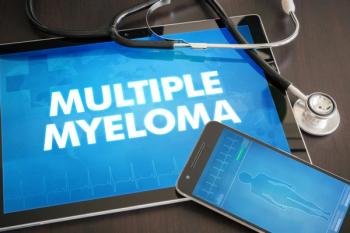
There are promising signs that chimeric antigen receptor (CAR) T-cell therapies might lead to meaningful advances in the therapy of multiple myeloma. However, investigators will first need to clear a number of key hurdles.
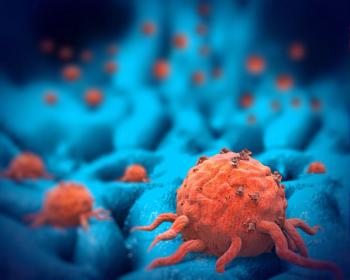
Patients with B-cell non-Hodgkin lymphomas and B-cell acute lymphoblastic leukemia can benefit greatly from chimeric antigen receptor (CAR) T-cell therapy, but providing that therapy has become much more difficult in the age of coronavirus disease 2019 (COVID-19).
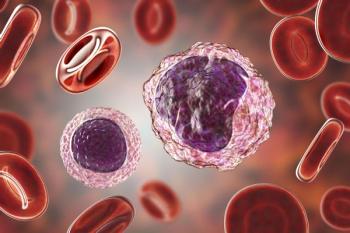
Patients with relapsed/refractory T-cell lymphoblastic leukemia face poor outcomes, and are generally treated by salvage therapy followed by allogeneic hematopoietic stem cell transplant. A new study suggests an optimal option for salvage therapy.

A new study based on interviews with families and patients undergoing chronic transfusion therapy for sickle cell disease finds that the therapy affects the families in ways that extend beyond health.
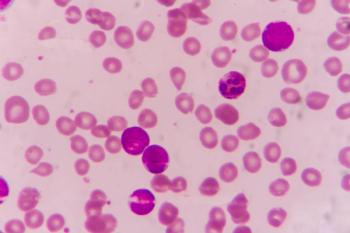
Investigators trying to find a way to stop antigen loss following CD19 CAR T cell therapy found an approach simultaneously targeting CD19 and CD22 is safe and feasible.
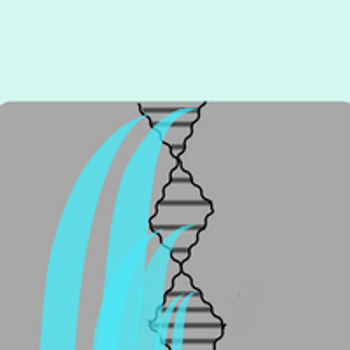
The fall of 2017 brought the approval of new gene therapies, and could usher in a new area of personalized medicine.

Researchers found that 2 naturally occurring molecules can make the process of cell generation faster and more efficient. This could have major implications for multiple sclerosis therapy research.
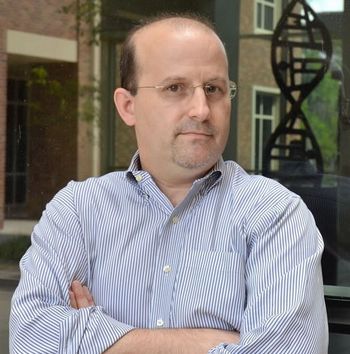
A new therapy has succeeded in restoring leg function in mouse models, though the researchers say it will be years before such a therapy can be tried in humans.

A biomarker for pancreatic precursor cells might give researchers a shortcut to create insulin-producing beta cells that can be transplanted into patients with type 1 diabetes.

A new gene therapy tested the efficacy of injecting a virus into the eye.
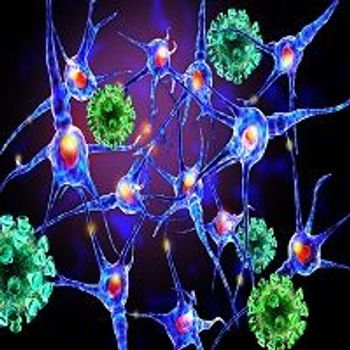
Evidence is mounting that stem cell transplants help in MS.

Stem cell therapy gets dramatic results in MS study.

A pair of medical experts – one from industry and one from academia – have teamed up to call for a new payment model for expensive gene therapies.

Published: November 21st 2020 | Updated:

Published: May 15th 2020 | Updated:
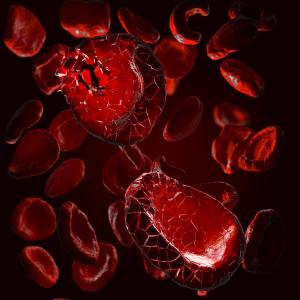
Published: December 16th 2020 | Updated:
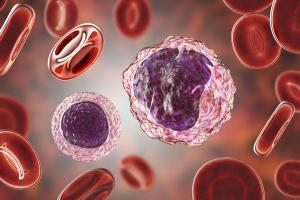
Published: June 13th 2020 | Updated:
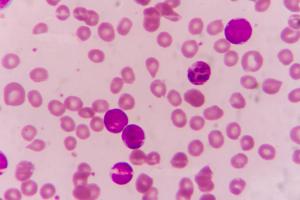
Published: April 16th 2020 | Updated:
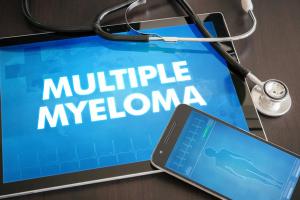
Published: July 2nd 2020 | Updated: